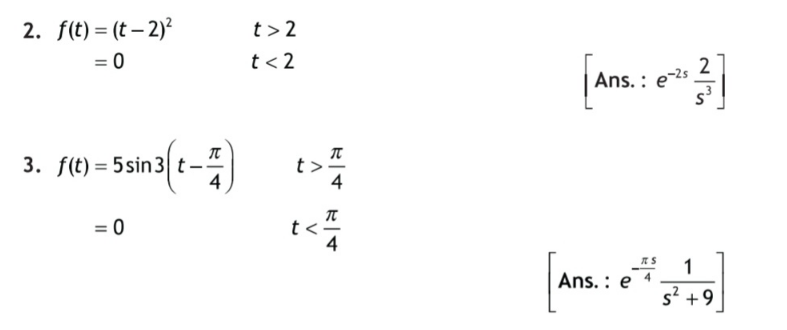
OthersQuestion and Answers: Page 51
Question Number 128845 Answers: 1 Comments: 0
Question Number 128731 Answers: 0 Comments: 2
Question Number 128725 Answers: 0 Comments: 0
Question Number 128561 Answers: 1 Comments: 0

Question Number 128566 Answers: 0 Comments: 1
Question Number 128557 Answers: 1 Comments: 0
Question Number 128522 Answers: 0 Comments: 0
Question Number 128485 Answers: 1 Comments: 0
Question Number 128460 Answers: 2 Comments: 0
Question Number 128445 Answers: 0 Comments: 0
Question Number 128321 Answers: 0 Comments: 1
Question Number 128382 Answers: 0 Comments: 1
Question Number 128256 Answers: 0 Comments: 6
Question Number 128236 Answers: 0 Comments: 1
Question Number 128197 Answers: 1 Comments: 1

Question Number 128182 Answers: 1 Comments: 1

Question Number 128126 Answers: 1 Comments: 0
Question Number 128122 Answers: 1 Comments: 0
Question Number 128112 Answers: 3 Comments: 0
$$\:\mathrm{1}\:+\:\mathrm{2}\:+\:\mathrm{3}\:+\:\mathrm{4}\:+\:.....\:+\:\mathrm{100}\:=\:? \\ $$
Question Number 128110 Answers: 1 Comments: 0
Question Number 128093 Answers: 1 Comments: 0

Question Number 128083 Answers: 2 Comments: 0
Question Number 128030 Answers: 1 Comments: 0
Question Number 128008 Answers: 1 Comments: 0
Question Number 128001 Answers: 1 Comments: 0
Question Number 127974 Answers: 1 Comments: 1
